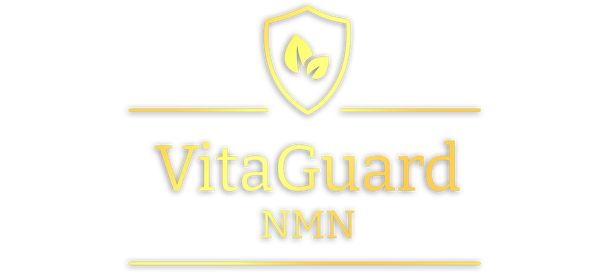In the ever-evolving landscape of health and wellness, researchers are constantly on the hunt for new ways to address the challenges of obesity and heart-related issues. One recent study, conducted by Harvard Medical School researchers, has brought to light some intriguing findings regarding the potential benefits of Nicotinamide Nucleotide (NMN) supplementation. This study delves into how NMN may aid overweight or obese middle-aged and older adults in their quest for better health. Let's break down the key takeaways from this research.
The Weight Loss Wonder: NMN and Body Weight
One of the standout findings from this study was the impact of NMN on body weight. Overweight and obese individuals who received two daily doses of 1,000 mg of NMN for 28 days experienced a significant reduction in body weight. In fact, they shed more than six pounds compared to those who didn't receive NMN. This suggests that NMN supplementation may promote metabolic benefits, making it a promising tool in the fight against obesity.
Cholesterol Control: NMN's Impact on Heart Health
The study also examined the effects of NMN on cardiovascular health, with a particular focus on blood cholesterol levels. The results were encouraging. NMN supplementation led to a decrease in both total cholesterol and the notorious LDL cholesterol. Lowering LDL cholesterol is critical as it's closely associated with heart-related issues. These findings imply that NMN might positively impact the cardiovascular system by reducing cholesterol levels.
Tackling Blood Pressure: NMN and Hypertension
Blood pressure management is a crucial aspect of heart health. Interestingly, NMN was found to specifically lower diastolic blood pressure, a key factor in hypertension (high blood pressure). Although systolic blood pressure remained unchanged, this discovery suggests that NMN supplementation could be a potential strategy for alleviating hypertension in overweight and obese adults.
NAD+ Levels: The Cellular Connection
Previous studies have revealed that NMN supplementation increases blood NAD+ levels in overweight or obese adults. NAD+ is a vital molecule involved in various cellular processes. While the physiological benefits of this increase have yielded mixed results, it's an intriguing area of study with potential implications for overall health.
Looking Forward: The Need for Longer Studies
While these findings are certainly promising, it's essential to acknowledge the study's limitations. The research had a relatively small sample size of 21 individuals, and the study duration was just 28 days. Longer-term studies involving larger participant groups are needed to confirm these initial results and to explore the potential for NMN to have more profound effects on obesity, cholesterol, and blood pressure.
Considerations for NMN Supplementation
Another noteworthy point is the dosage of NMN used in this study, which was 2,000 mg per day. This higher dosage could make supplementation relatively expensive. Individuals considering NMN supplementation at this dosage should be aware of these cost implications.
In conclusion, the study conducted by Harvard Medical School researchers has provided encouraging findings for overweight and obese adults seeking weight loss options and improved heart health. NMN supplementation shows promise, but more research is needed to solidify its efficacy, safety, and optimal dosages over longer periods. As we await further developments in this area, it's always a good idea to consult with a healthcare professional before embarking on any new supplementation regimen to ensure it aligns with your specific health goals and needs.
If you would like to see the full study a copy is available for purchase through the below external link:
https://academic.oup.com/jcem/advance-article-abstract/doi/10.1210/clinem/dgad027/7027634?redirectedFrom=fulltext&login=false

